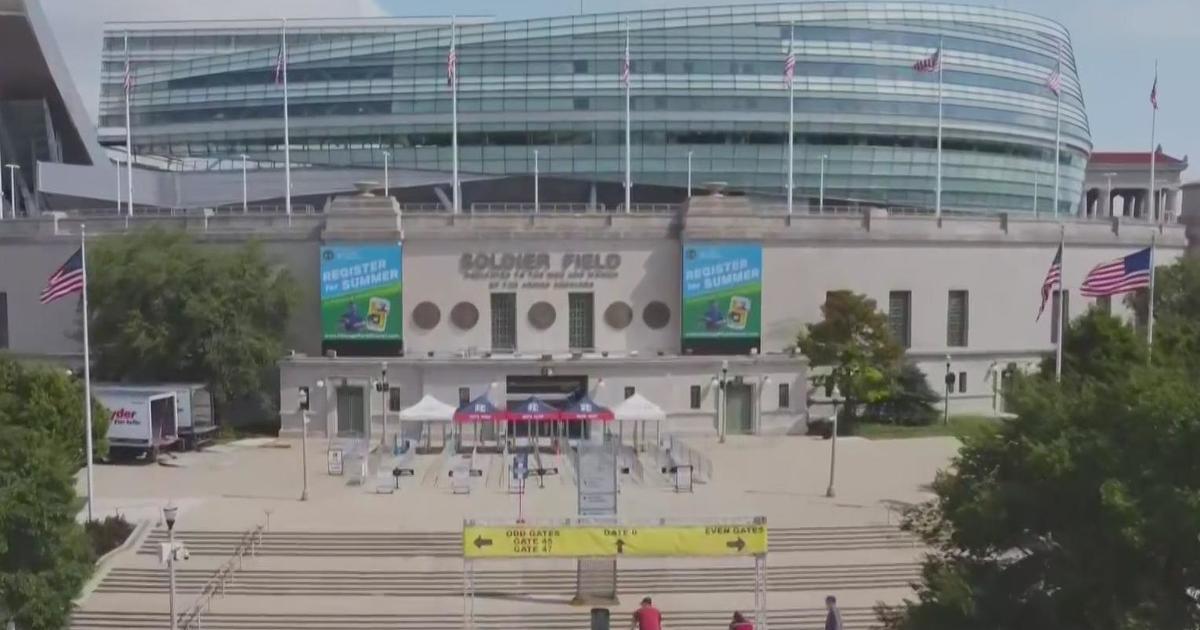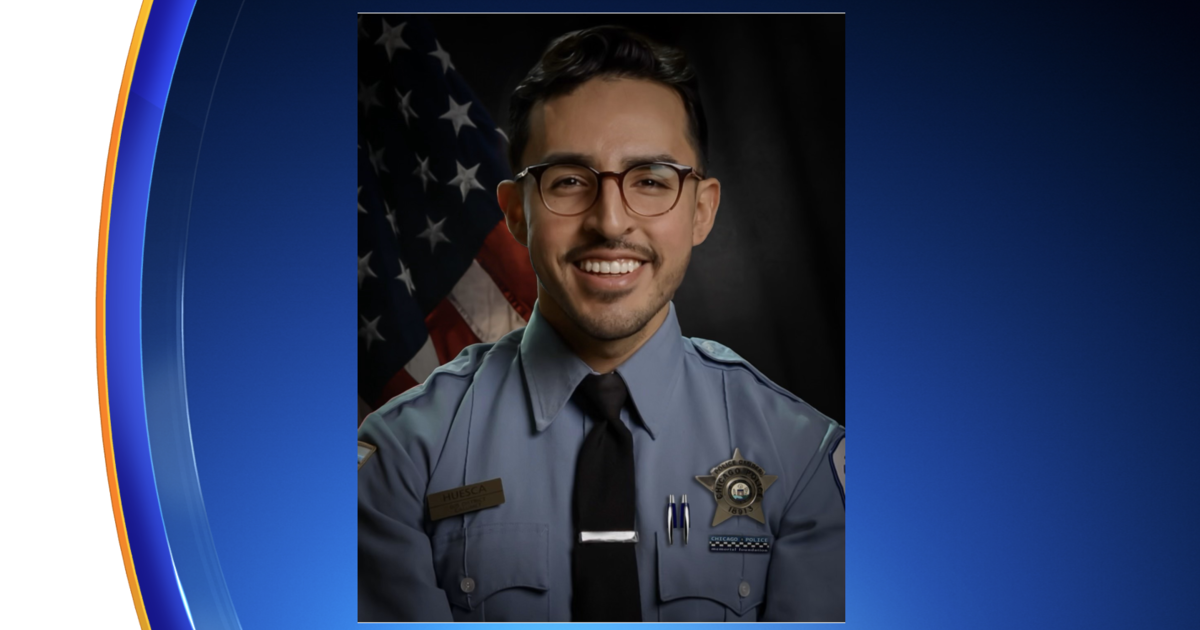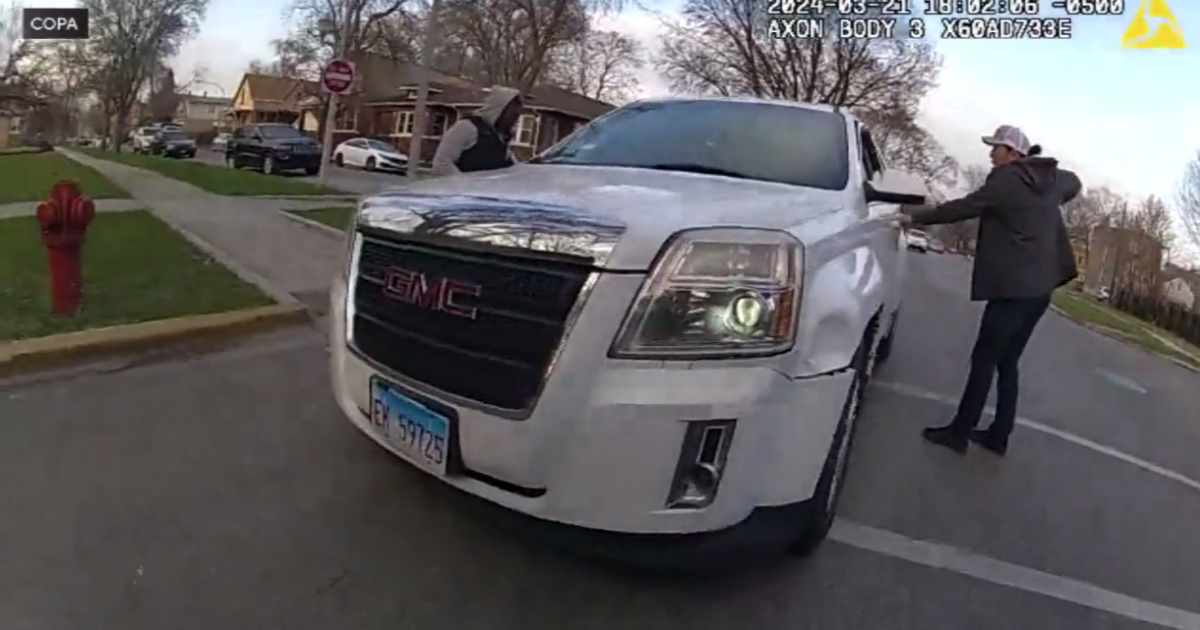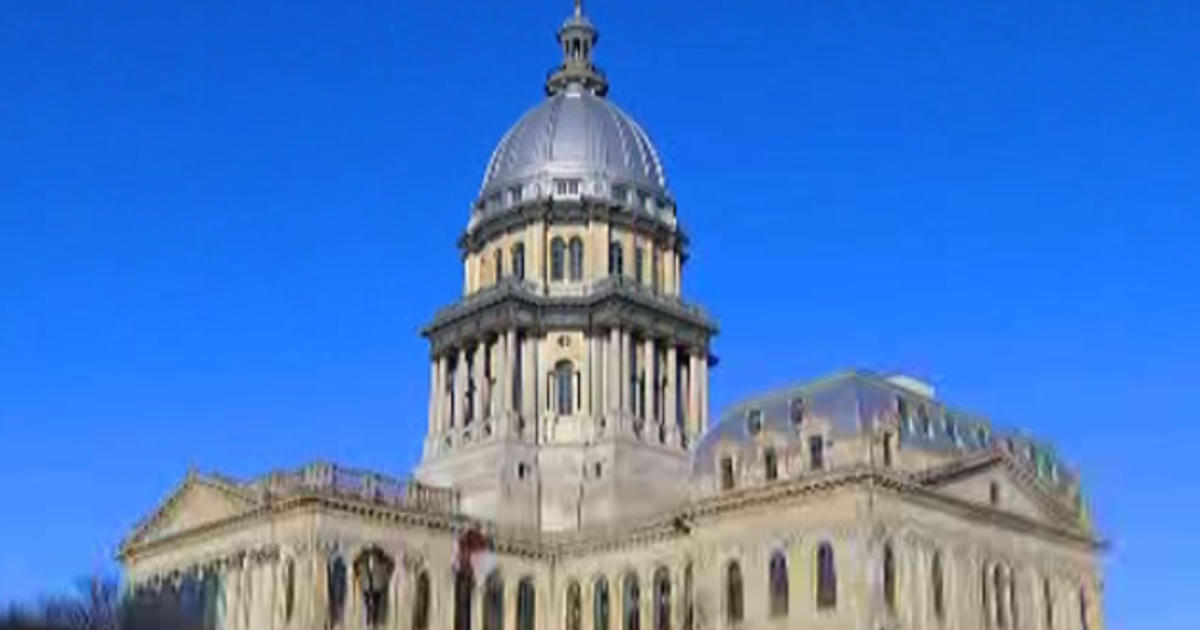Move Advances To Lift Ban On Recording Police Officers
CHICAGO (CBS) -- When police misconduct is caught on tape, it's a big deal, and there could much more taping going on in Illinois.
As WBBM Newsradio's Dave Dahl reports, currently, it is forbidden under state law to make an audio recording of police officers doing their jobs in public.
But new proposed legislation would change that.
LISTEN: WBBM Newsradio's Dave Dahl reports
Podcast
HB 3944 would not eliminate the Illinois Eavesdropping Act altogether, but would eliminate the part of the law that now prohibits "the recording of a peace officer who is performing a public duty in a public place and speaking at a volume audible to the unassisted human ear."
A House committee approved the bill 9-2 Wednesday, sending it to the House floor for further action.
Currently, someone who records a police officer, prosecutor or any other member of the law enforcement community without his or her permission can be charged with a Class 1 felony.
Robert Loeb, representing the Illinois State Bar Association, testified in favor of the new bill.
"When the eavesdropping law was originally passed decades ago, we had very limited means of communication compared to today, when we've got people carrying cell phones – cell phones with cameras, cell phones with video cameras, with sound capability, GPS capability," he said.
State Rep. Elaine Nekritz (D-Northbrook) is sponsoring the bill, saying it protects citizens who pull out cell phones or turn on a camera to record events they witness. She says it is important to update the law because international visitors and journalists are coming to Chicago for the NATO and G8 summits in May.
The upcoming summits sparked concern from both opponents and supporters. The events are guaranteed to attract throngs of journalists and protesters.
"Thousands of journalists and people are at risk for prosecution," Nekritz said.
Police interests have come out against any amendment in the eavesdropping law, saying the changes will impede their investigative powers.
As a police official in New York and New Jersey, McCarthy found it helpful to record officers politely, but firmly, informing protesters that if they did not end their protest, they would be arrested. That prevented brutality suits against his officers, he said.
McCarthy last month that he planned to use the same approach with the Occupy Chicago protesters. But if Illinois still bans audio-recording of arrests, that complicates his plans.
"I actually am a person who endorses video and audio recording," he said. "There's no arguments when you can look at a videotape and see what happened."
Multiple people have been arrested and have faced serious charges for recording officers.
In August of last year, Taiwanda Moore, 20, was acquitted of a felony violation of the act, after she secretly recorded two police Internal Affairs officers while filing a sexual harassment complaint against a third officer.
Moore had said she didn't know about the Eavesdropping Act, but her attorney argued that she was protected under an exemption to the statute that allows such recordings if someone believes a crime is being committed or is about to be committed. She argued that the officers had been stalling and bullying her.
No action was ever taken against any of the officers.
Meanwhile, artist Chris Drew is awaiting trial on charges of violating the Eavesdropping Act when he was arrested in December 2009 for peddling his art without a permit on State Street downtown.
Drew was charged with videotaping his own arrest, and faces up to 15 years in prison if convicted.
And in November of last year, Loyola journalism professor Ralph Braseth was taken into custody after videotaping the arrest of a teenage boy who jumped the turnstile at the Chicago Avenue Red Line subway stop. Breseth had been shooting for a documentary about youth from poor neighborhoods flooding the downtown area on weekends.
Braseth was released without charges, but the arresting officer erased the files on his Kodak flip camera. He later filed a complaint against the officer, claiming that videotaping an arrest from the distance was different from recording a conversation and thus did not violate the Eavesdropping Act.
The Sun-Times Media Wire contributed to this report.
(TM and © Copyright 2012 CBS Radio Inc. and its relevant subsidiaries. CBS Radio and EYE Logo TM and Copyright 2012 CBS Broadcasting Inc. Used under license. All Rights Reserved. This material may not be published, broadcast, rewritten or redistributed. The Associated Press contributed to this report.)



